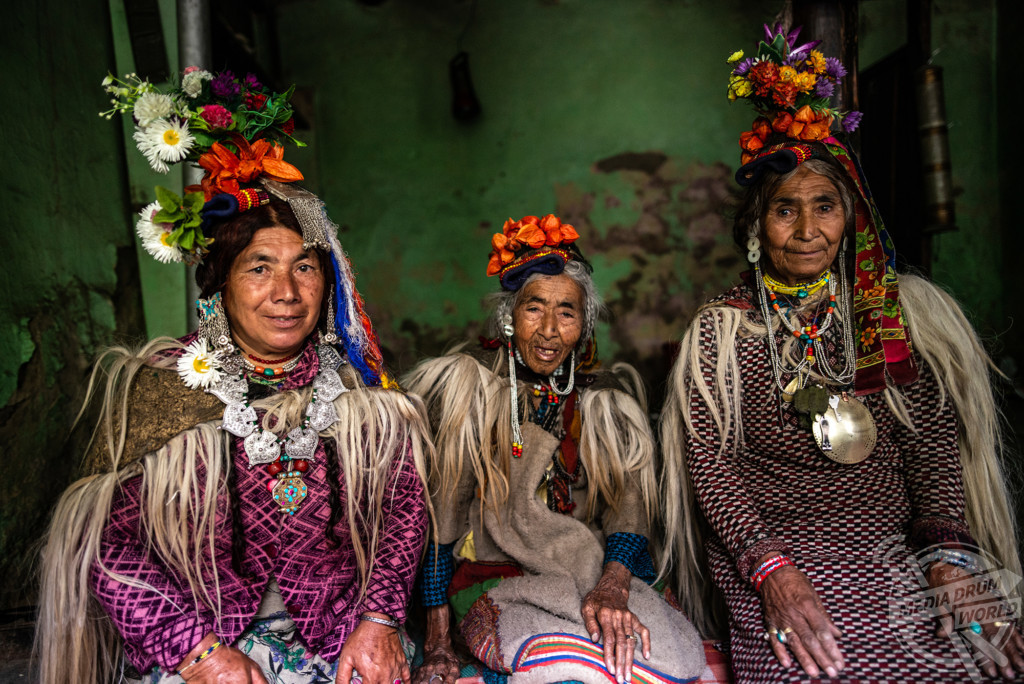By Mark McConville
INCREDIBLE images have revealed the remaining members of the Drokpas tribes, also known as the Aryans of the Himalayas who traditionally engage in wife swapping as part of their ancient culture.
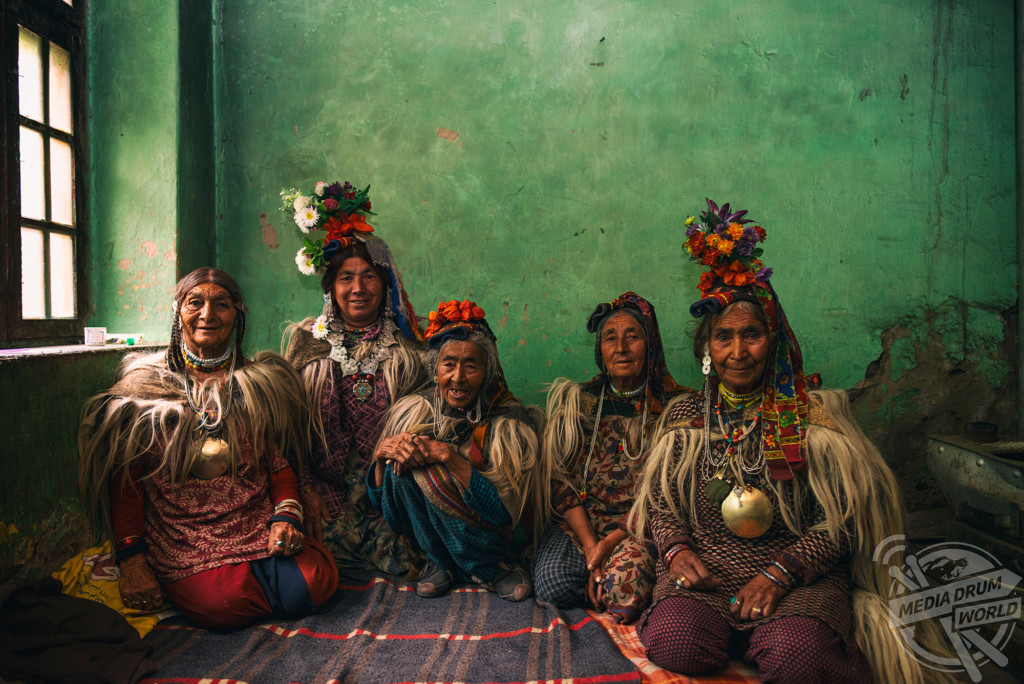
Stunning portrait shots show both men and women in traditional headdress with a multicoloured covering topped with flowers.
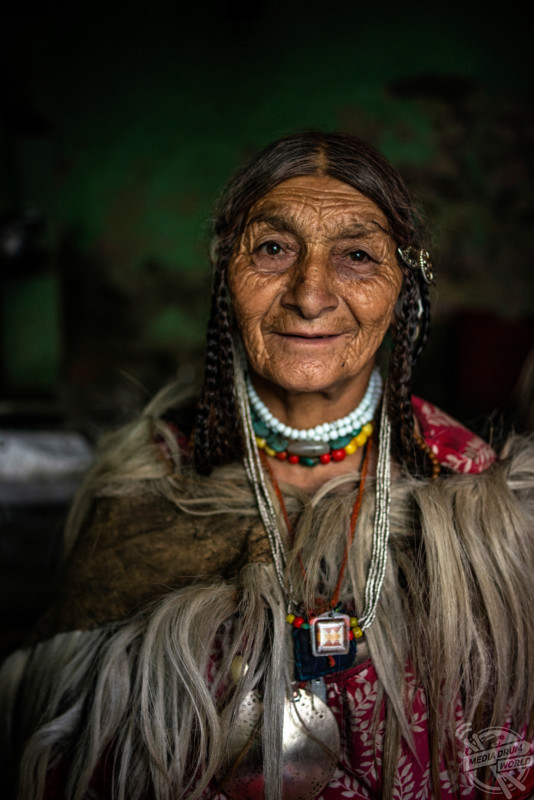
Other striking pictures show groups of women in traditional dress, an elderly woman gazing into the camera and happy men lighting a fire.
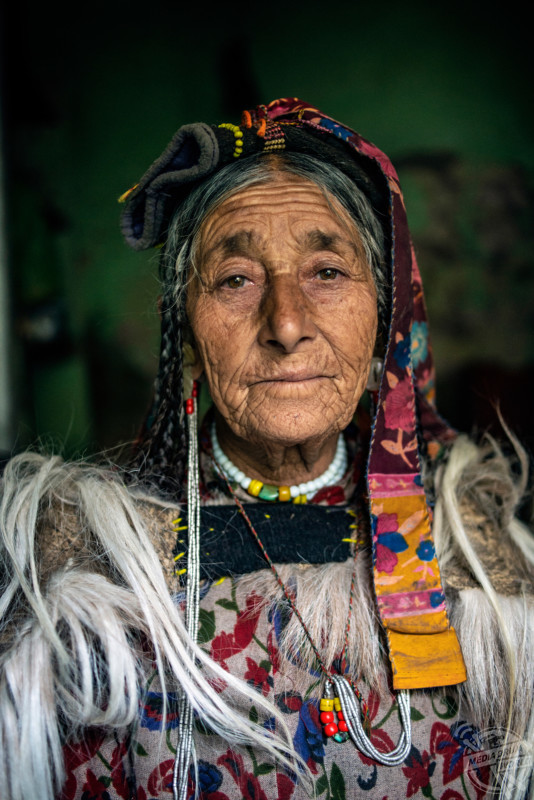
The Drokpas are a specific tribe residing in India who some say could be an ancient Aryan tribe, who still use the ancient Sanskrit Swastika symbol, which the Nazis corrupted in modern times for propaganda purposes. Drok-Pa, meaning ‘white skinned’ in Ladakhi, is a tribe abundant with nearly 3,000 people situated into three to seven tribes along the Indus River.
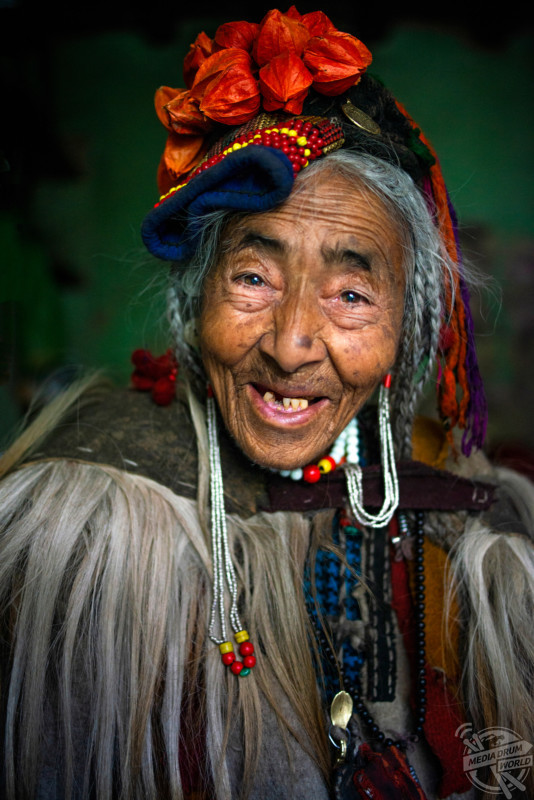
The remarkable photographs form part of Indian photographer Aman Chotani’s project, The Last Avatar, a book documenting Indian tribes and culture before they vanish forever.
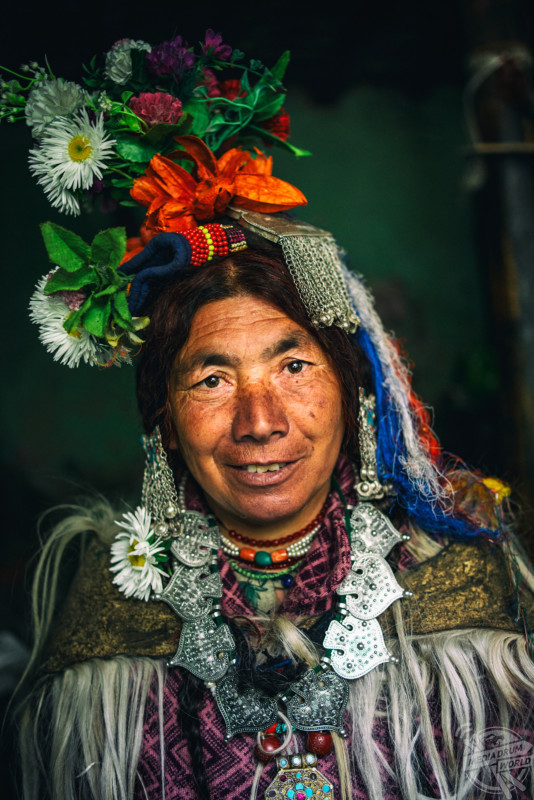
“In theory, the Drokpas – in their originality – were a group of long-lost soldiers from Alexander the Great’s army,” he said.
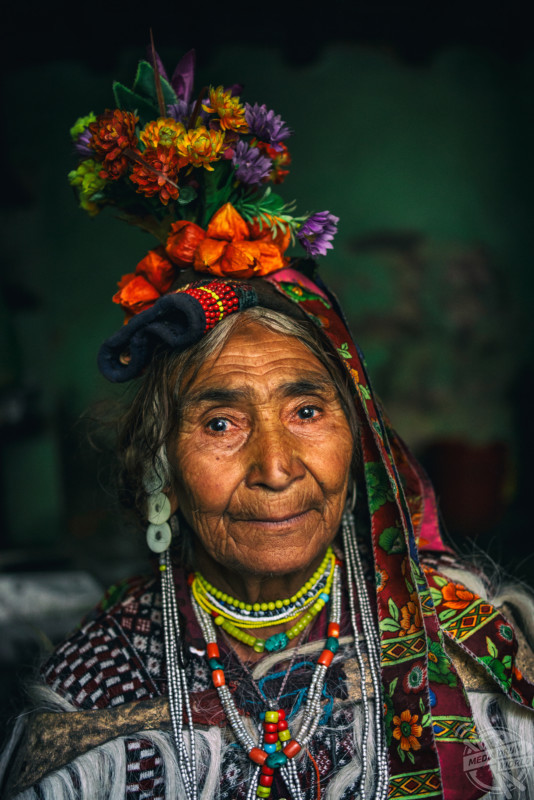
“One leading theory about the original Drokpas is their usage of the Sanskrit Swastika, concluding that Hitler adapted the symbol and modernized the swastika for his own political gain and propaganda.
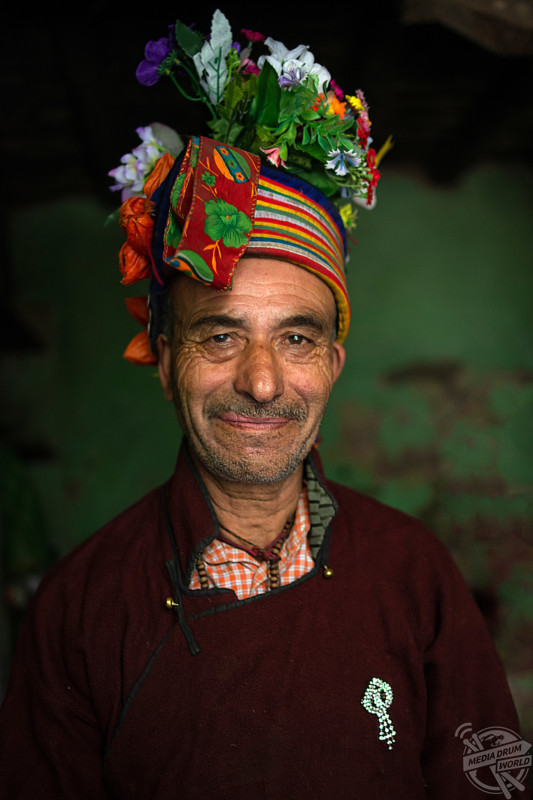
“This single piece of suggestive evidence encouraged Germans to widely accept Indo-Aryans as their ancient ancestors.
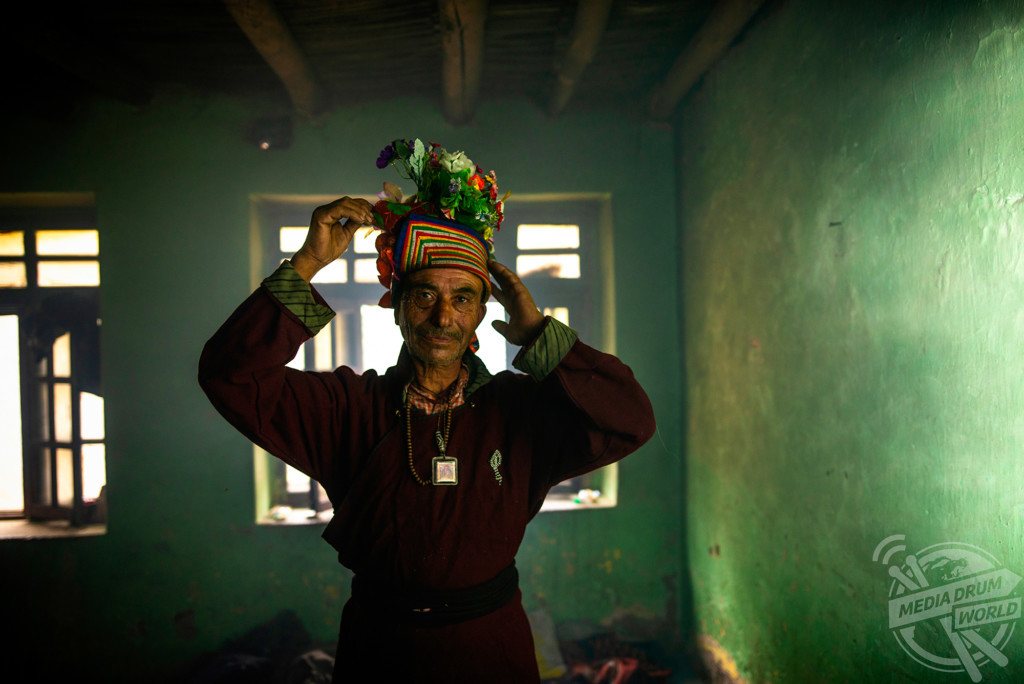
“The Drokpas live life a bit easier and freer than most surviving tribes in today’s age. For survival purposes, they are commonly known as agrarian farmers that plant fruits and vegetables in rich gardens that they pride themselves in.
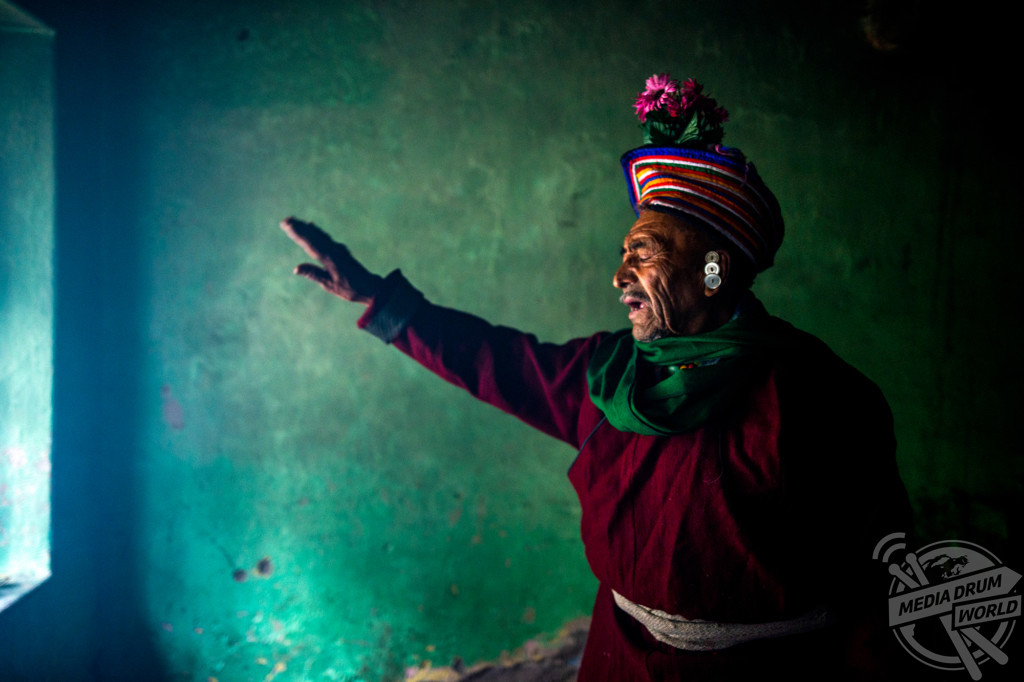
“These gardens must be tended well and often since the produce that erupts from the soil and blossoms from trees is the equivalent of money. The Drokpas sell their sweet and crisp produce since it’s their main source of income and pride.”
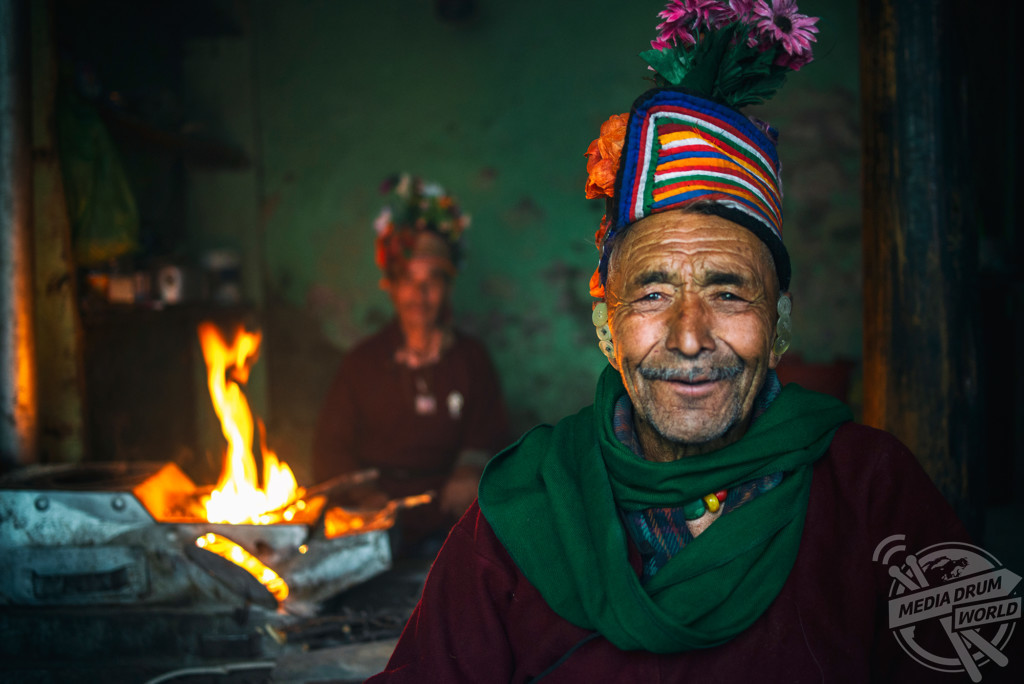
Like many tribes, fashion plays a very large and significant role in the Drokpa community. The males predominantly wear wool trousers and wool dresses; whereas the women adorn themselves with woollen dresses that they accessorize with intricate hand-made silver jewellery, beads, seashells, flowers, feathers, and goatskin capes.
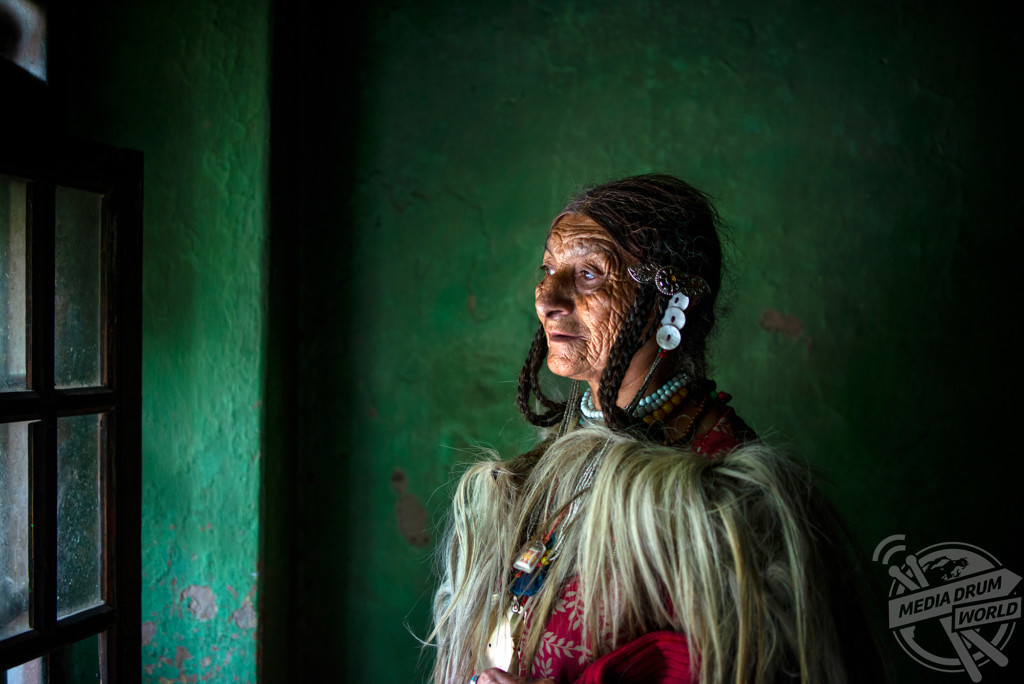
“This is all in an effort of attracting a mate and identifying themselves enough to be seen and chosen by a suitor,” explained Chotani.
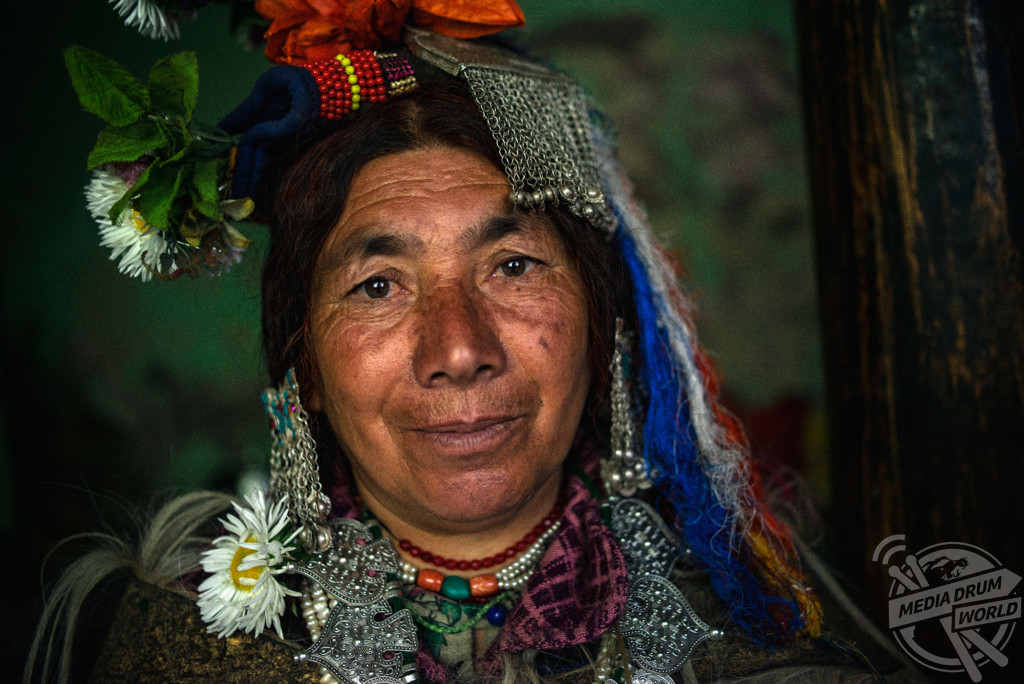
“However, the Drokpas don’t share or follow societal norms. Public displays of affection are normal and encouraged in the Drokpa community; as was the concept of wife swapping. Wife swapping and public affection display were essentially banned by authoritative figures that didn’t believe that the behaviors of the Drokpa people were civilized.
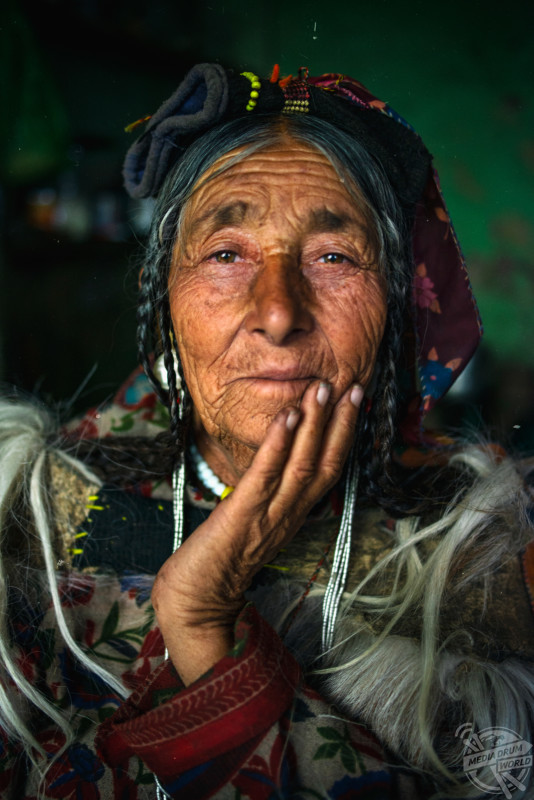
“Because of this, the Drokpa communities have stopped with their public displays when outsiders were around, but resumed their passionate nature when prying judgmental eyes leave.
“All in all, the Drokpas are a people who envelope the freedom to do as they please all while enjoying music and dancing in festivals just as much as they enjoy their brilliantly colored ornaments and each other’s presence.”

Chotani has started a crowdfunding page for his upcoming book to help him complete his photographic journey. He has so far raised £1042 of his target of around £6,000.
For more information see https://www.ketto.org/thelastavatar

